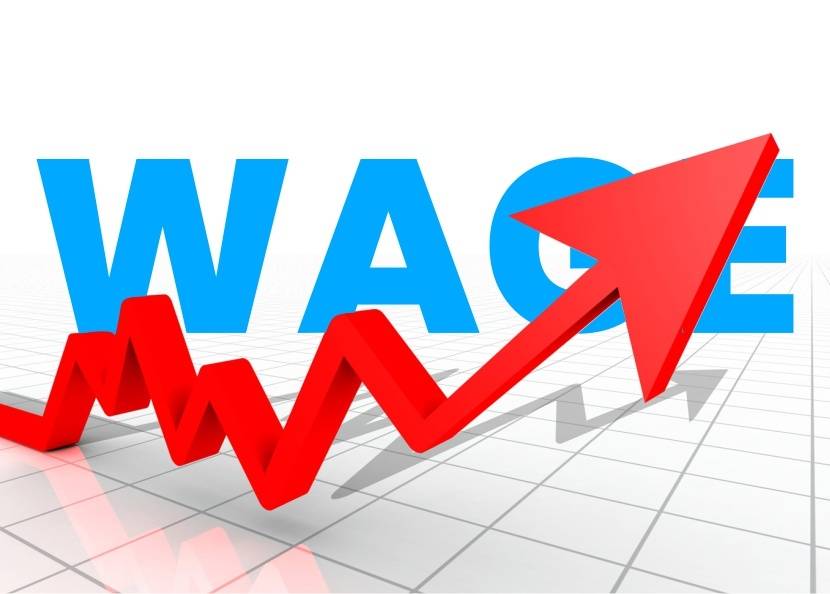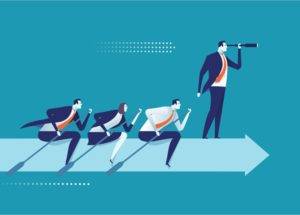Wage and More on the Rise

Wage and More on the Rise: Wages are expected to rise as per the norms of basic economics, wherein the increasing demand for high and low skill labors would force employers to pay more for their services. In the present world scenario, the demand is skyrocketing, especially for skilled labors.
As per the basic economic model, a supply and demand graph, there is a supply of low-skill labor and a demand for low-skill labor. Ideally, the supply and demand reach an equilibrium which determines the cost of labor. A wage hike disrupts this equilibrium by arbitrarily setting the cost of labor higher than the equilibrium. This causes demand to dip below supply, thus affecting the elasticity curve or in other words, create unemployment. Previously, there was greater supply than the demand of workers. Tables have turned within the first decade of the 21st century.
Why NOT Minimum Wage
Minimum wage does not bring new money into circulation. It raises the cost of labor artificially, but the money to pay for the cost needs to come from somewhere. This part is made up from the producers’ margin and partly from the consumers by raising the price of those products and services which depend a lot on low-cost labor. That also means the middle-class consumers have a less discretionary income after taking care of basic necessities. So that will force some retailers to offer a discount or otherwise incentivize to buy their items. In the net, it will average out.
Increasing Wage: Boon or a Bane?
The sudden elevation in wages certainly increases production costs, thus, making goods more expensive. The minimum wage should be increased only after vividly analyzing the market conditions. As long as the marginal utility of a product is not affected it is safe to increase wages. But a sharp increase may not see a good effect altogether. As demand for skilled labor increases, wage goes high, production costs too, increase, hindering a middle-class consumer to satisfy his needs.
Increasing wage no doubt will elevate the lives of labors (initially). But there lies a risk of other combined factors that might result in inflation in an economy. In the longer run, it can lead to complete chaos and promote black market practices.
Eradicating poverty?
Activists and politicians frequently frame this policy as a countermeasure to eradicate poverty. With the increase of cost of production ultimately the consumers are the ones to suffer. Here lies the loophole, the consumer guild also consist of the labors. The same labors, for whose upliftment the initiation seems to be taken, go right against them.
Ultimately, these policies result in higher baseline wages, decrease jobs at lower wages and increase production cost.
BOTTOM LINE: Nobody is going to get free lunch by blindly increasing wages.














